Wages increase significantly and purchasing power increases
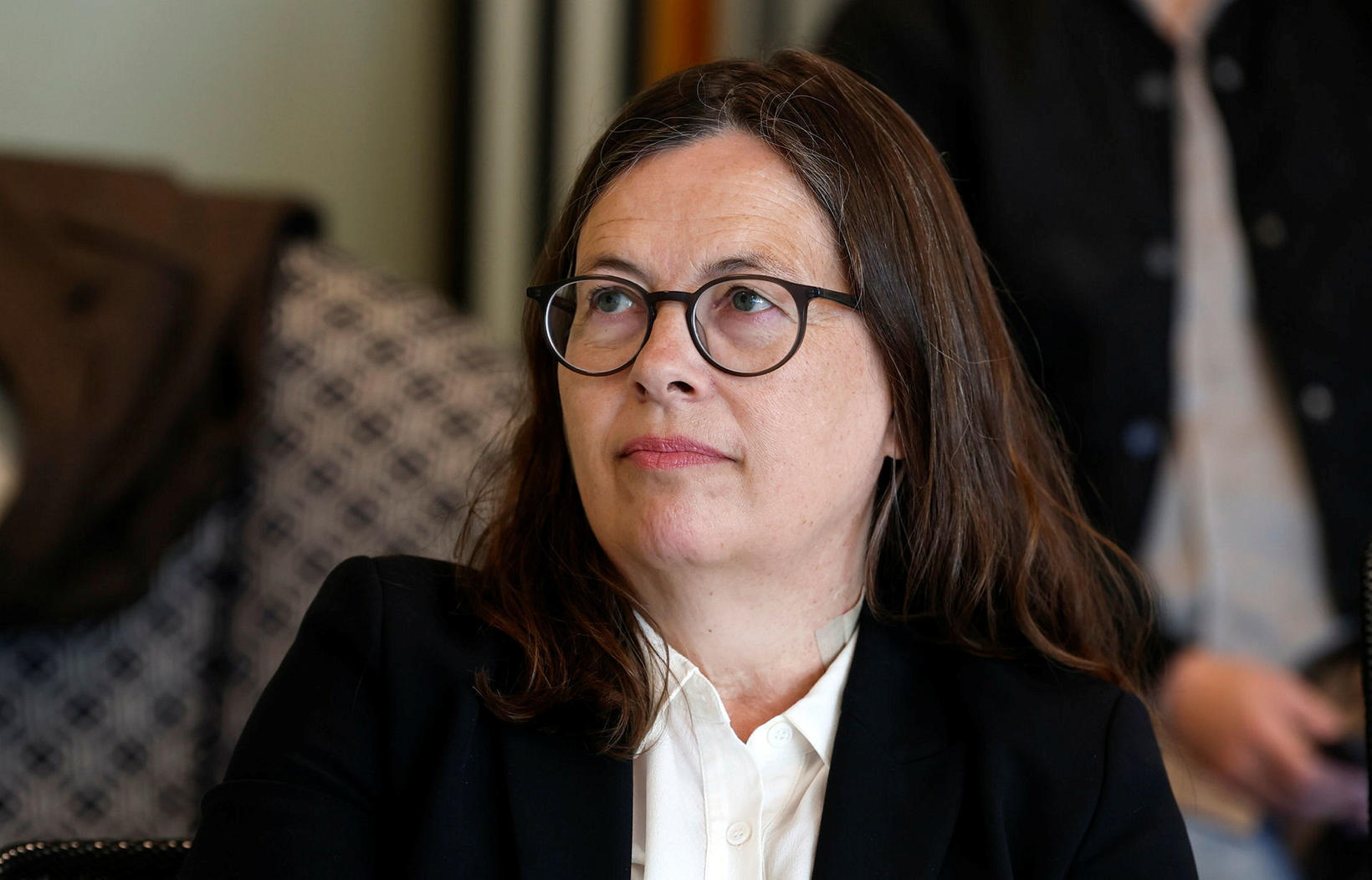
Wage agreements for 2028 were signed for almost all workers, both in the general and public labor market, last year. Basic time purchases in the general market rose by 10.2%, while the increase in the public market was lower, or 5.7% for the state and the City of Reykjavik and 6.1% for other municipalities.
Real wages also increase, but in the last year’s collective bargaining agreement, real wages increased by over 4%.
This is among those stated in the Spring report of the Compensation Committee, which was presented at an open meeting of the Committee this morning in the premises of the State Mediator.
The Compensation Statistics Committee is a co -operation committee of the State, Local Authorities and the overall labor market association on the preparation and utilization of numerical material on wages and economy in preparation and follow -up with collective bargaining agreements.
Hrafnhildur Arnkelsdóttir, Director of Statistics, is the chairman of the committee.
Eggert Jóhannesson
Reaching about 189,000 people
As mentioned earlier, wage agreements were concluded for almost all workers last year. A total of nearly 250 collective bargaining agreements were concluded in the field of parties involved in the Compensation Committee. The number of members of the electoral union electoral register in these agreements was 189,000 people.
In these agreements, the route of krónur increases and percentage increases were generally mixed, and wage increases were therefore proportionally the highest on lower wages.
Wages rose the most in the general market last year, with two wage -long increases in implementation, but less in the public market, where there was only one increase, but teachers’ contracts were still unfinished.
Eggert Jóhannesson
Slowing the import of foreign labor
The report also states that the labor market’s tension has been reduced with slower economic activity. The employed people in the labor market have increased more slowly than before and fewer people with foreign backgrounds come to the country.
Labor productivity has increased by an average of 1.5% per year in the years 2019-2024, but such growth is not seen anywhere else in the Nordic countries, the report says.

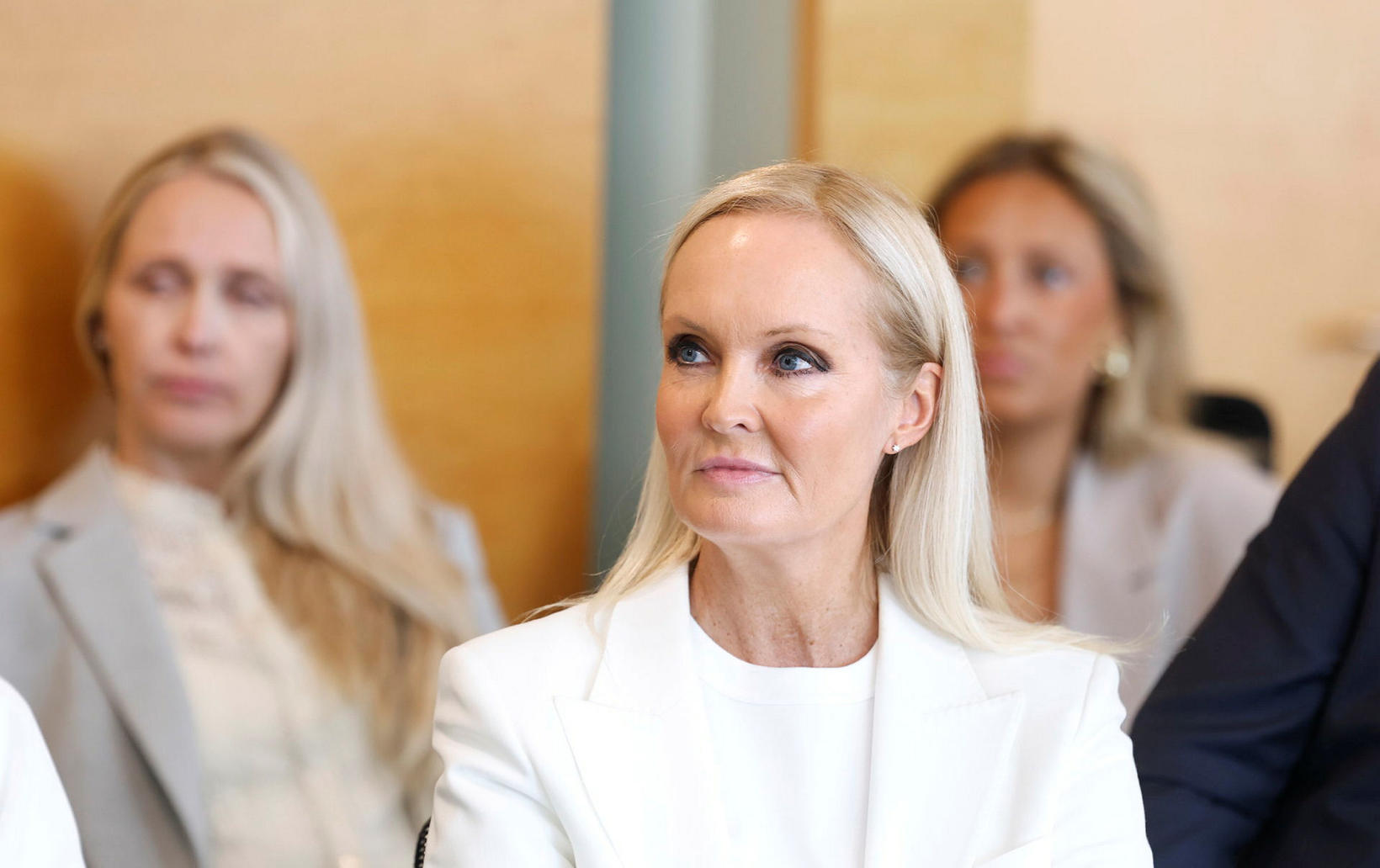
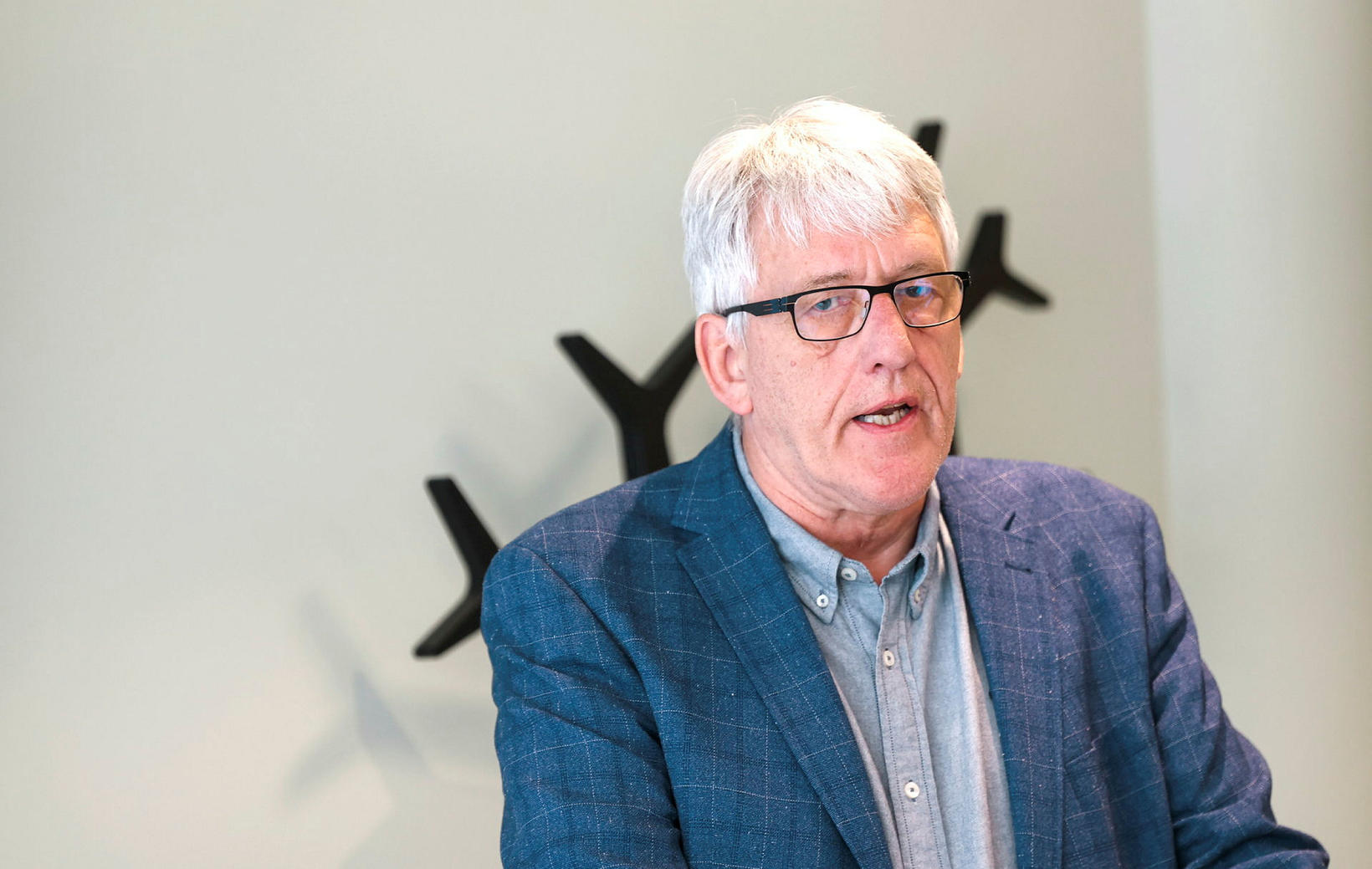
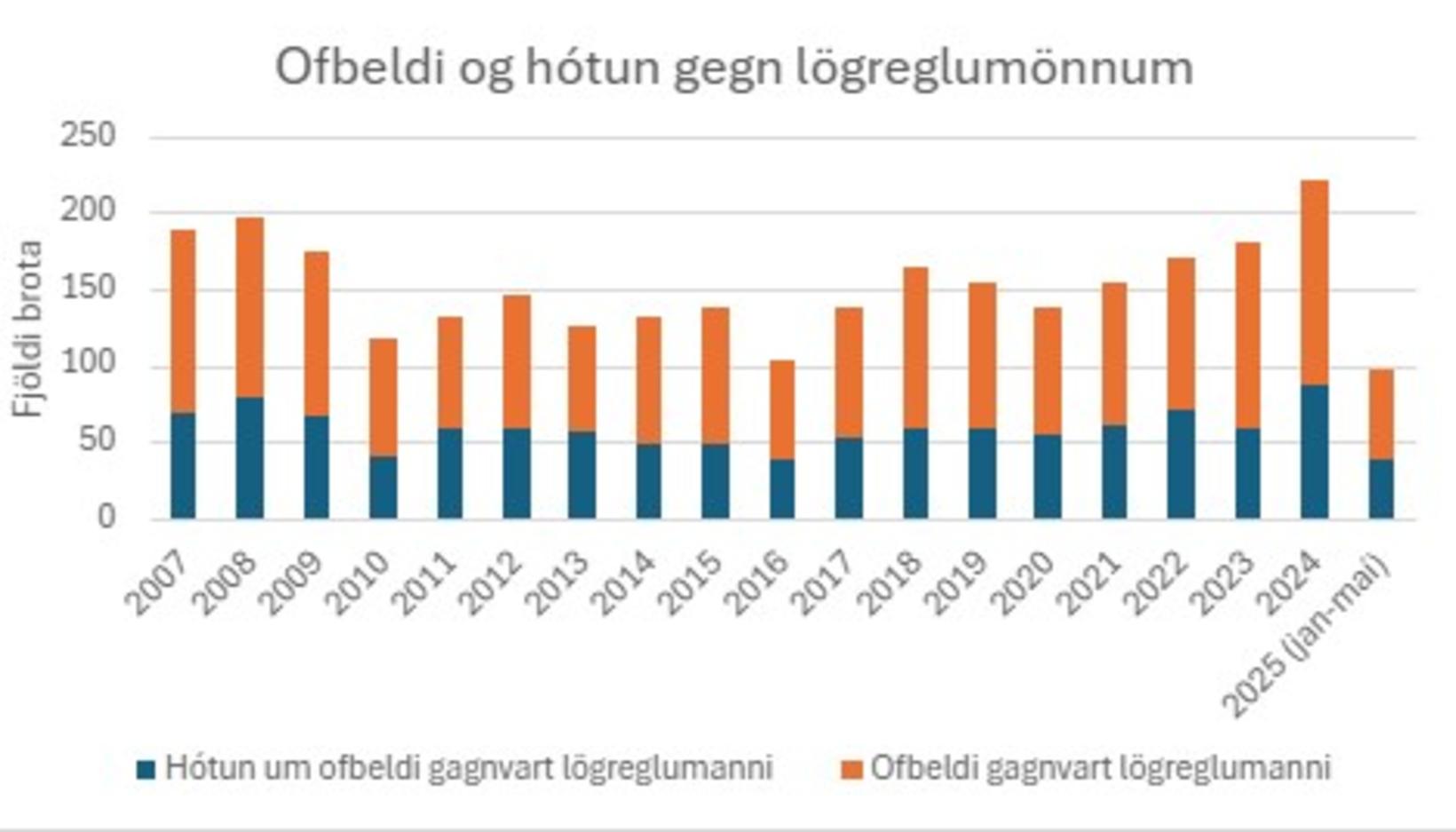
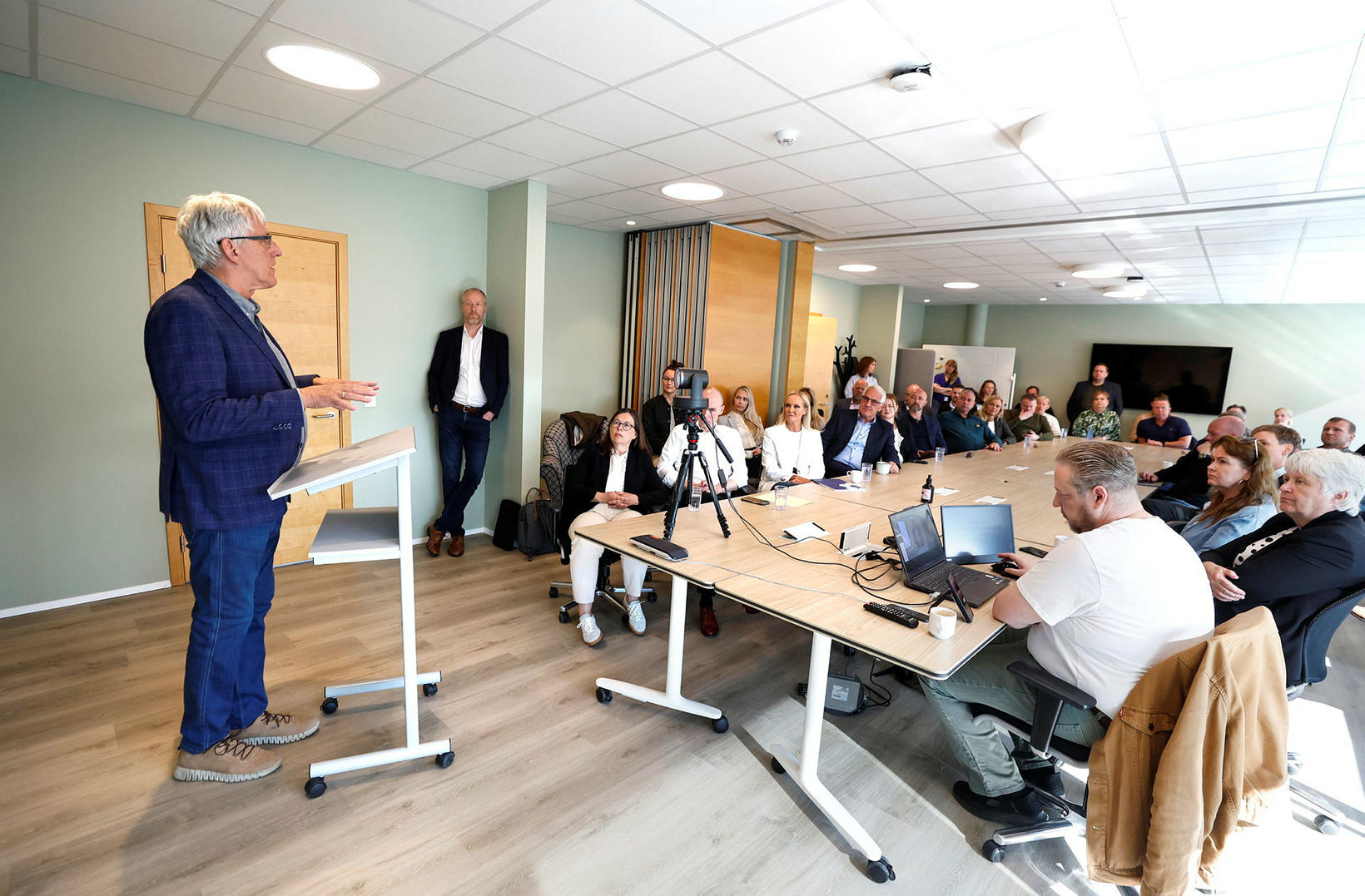





:format(jpeg):fill(f8f8f8,true)/s3/static.nrc.nl/podcasts/wp-content/blogs.dir/131/files/2021/03/haagsezakenfeatured.png)